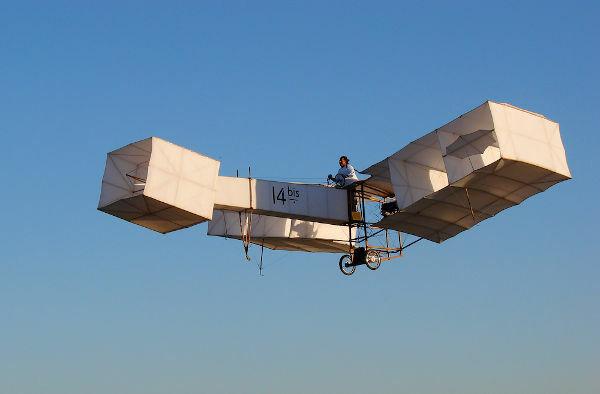Portuguese physician born in Beira, author of the famous pharmacopoeia published in Portugal, Farmacopeia Lusitana (1704), the first form written by an apothecary and in language Portuguese, with practical methods of preparing medicines in galenic form, with all the most usual recipes, and of which three more editions were published in the century XVIII. Canon Regular of Santo Agostinho, an apothecary at the Monastery of Santa Cruz de Coimbra and then at the Monastery of S. Vicente de Fora, in Lisbon, wrote the Pharmacopoeia Lusitana to be used in teaching Pharmacy to practitioners.
The Pharmacopoeia Bateana was also attributed to this priest, which contained about eight hundred medicines taken from the practice of Jorge Bateo, proto-physician of Charles II, King of England. He appears to have died in S. Vicente de Fora, in Lisbon. The acceptance of chemical drugs was reflected in the pharmaceutical literature, particularly from the 2nd edition of the Pharmacopeia Lusitana (1711), in Pharmacopeia Ulissiponense (1716) by João Vigier and in Pharmacopeia tubalense (1735) by Manuel Rodrigues Coelho. The work was translated into Latin and published in Lisbon, at Oficina Deslandesiana (1718).
The prescriptions for the preparation of medicines, namely in several Pharmacopoeias, most of the time were powders. Such powders were generally based on antimony although their makers often claimed to be gold powders. Among such cookbooks, the Polyanthea Medicinal, der Curvo de Semmedo and the Pharmacopea Lusitana, especially Quintilio powders, created by a Madrid doctor, Alexandre Quintillo.
The introduction of new chemical techniques, as well as the advances observed in Science in the 17th and 18th centuries, made manifest the insufficiencies of the learning system, but the Portuguese apothecaries did not create any organized form of teaching Chemistry or Botany. The only attempts to overcome the insufficiencies of learning in apothecaries arose at the initiative of the crown through state apothecaries, with emphasis on the Pharmaceutical Dispensatory of the University of Coimbra. Pharmaceutical higher education was only truly born in 1836, with the creation of the Schools of Pharmacy attached to the Faculty of Medicine of Coimbra and the Medical-Surgical Schools of Lisbon and Porto.
Source: Biographies - Academic Unit of Civil Engineering / UFCG
Do not stop now... There's more after the advertising ;)
Order C - Biography - Brazil School
Would you like to reference this text in a school or academic work? Look:
SCHOOL, Team Brazil. "D. Caetano de Santo Antônio"; Brazil School. Available in: https://brasilescola.uol.com.br/biografia/caetano-de-santo-antonio.htm. Accessed on June 27, 2021.

